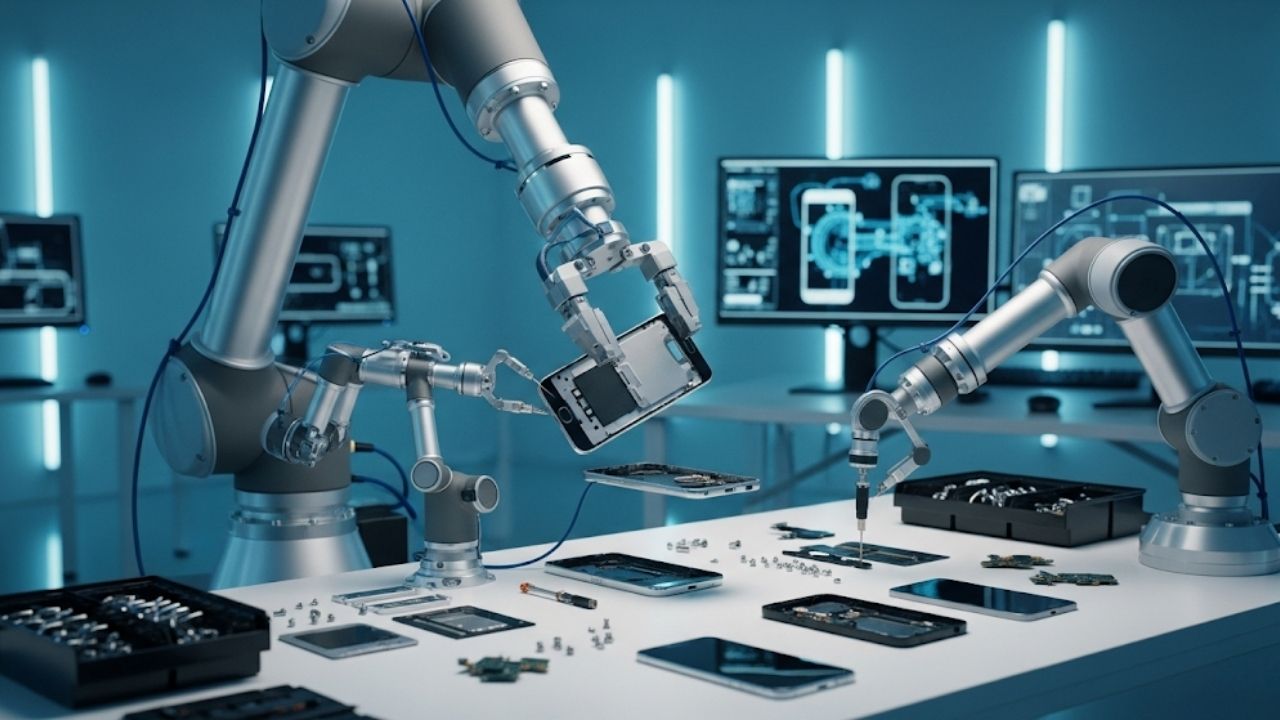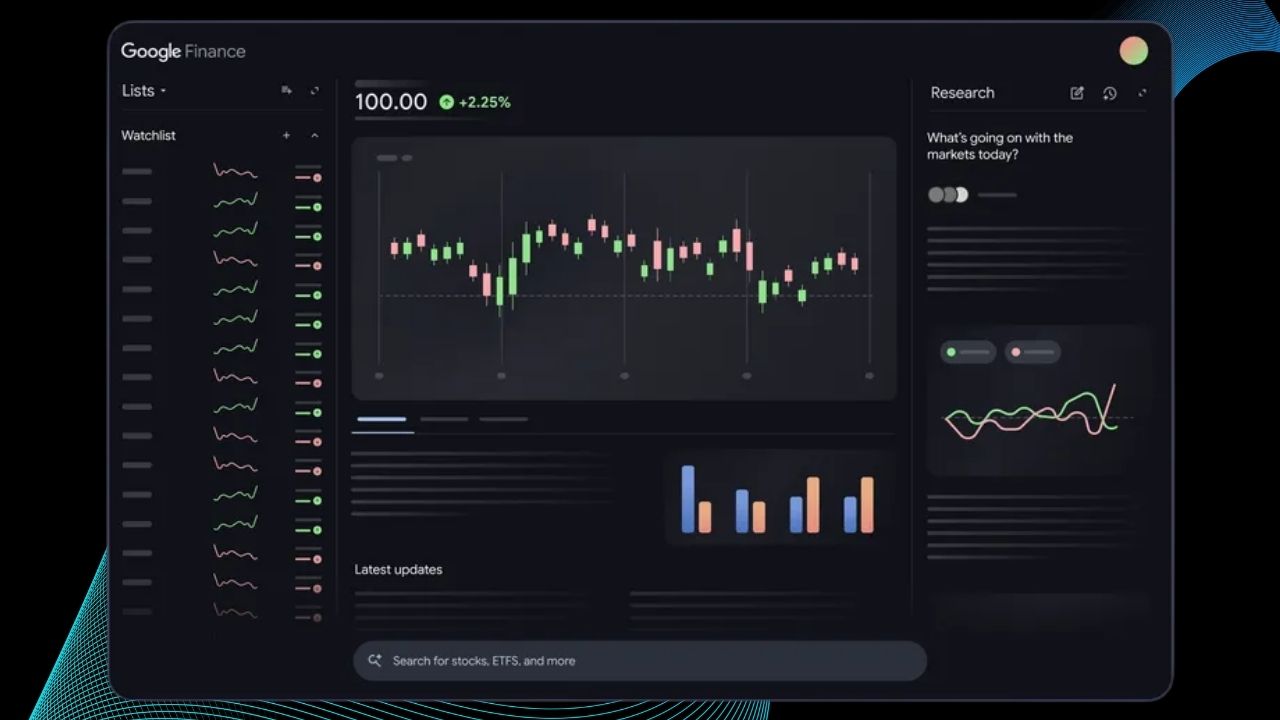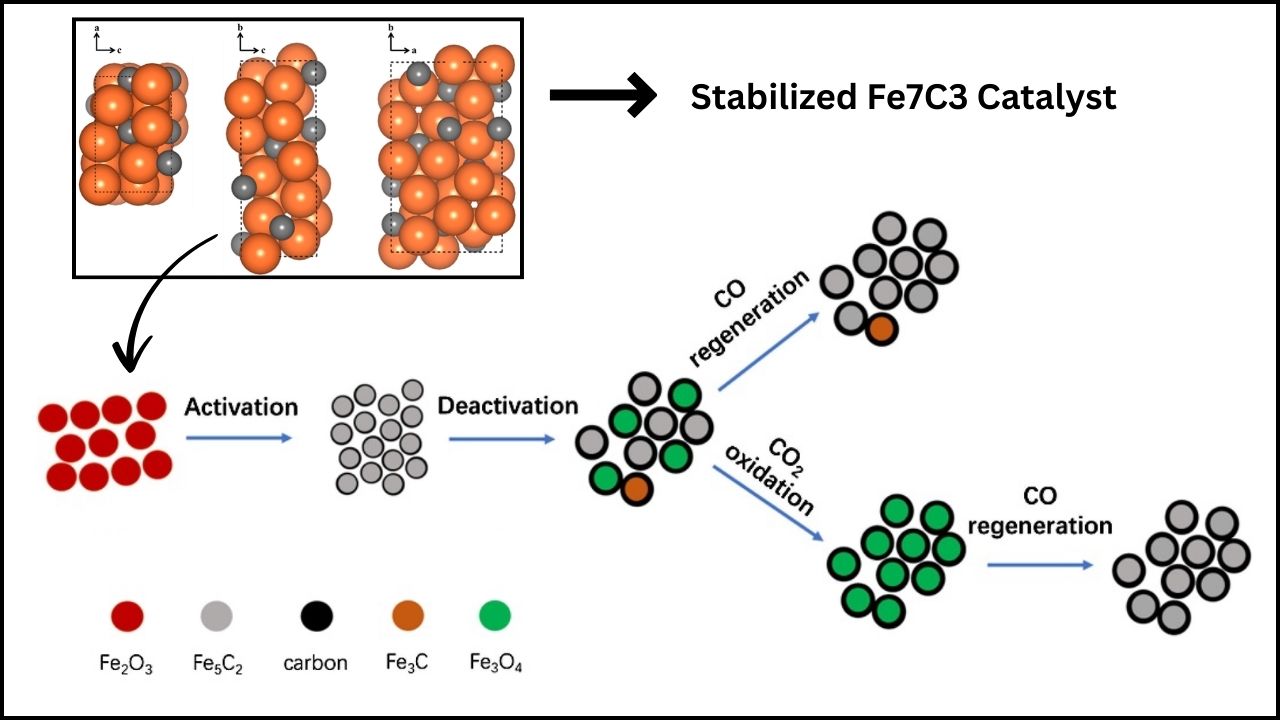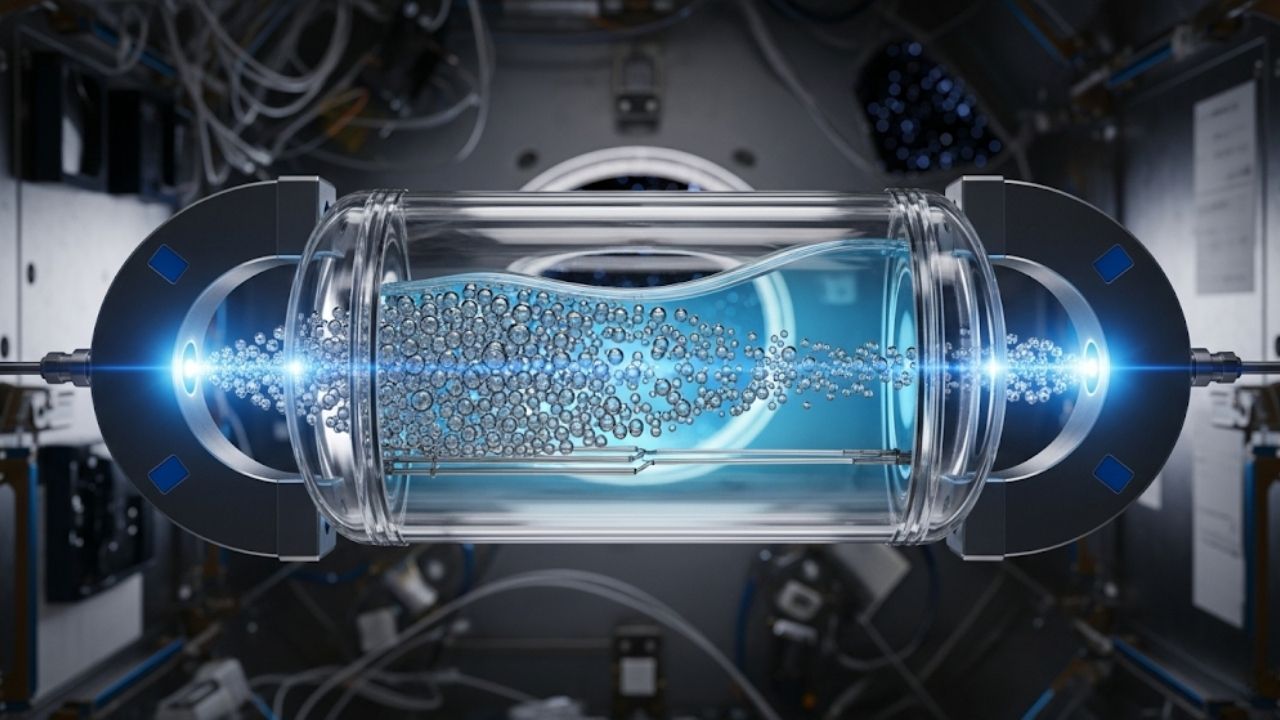7 AI Agents Businesses Are Using Right Now to Automate Everything: In 2025, AI agents are at the heart of a new era in business automation. These intelligent digital assistants are revolutionizing how companies operate, making processes faster, more accurate, and more cost-effective. Whether you’re a business owner, a tech enthusiast, or simply curious about the future of work, understanding how AI agents are transforming industries is essential.

Unlike traditional software bots, today’s AI agents are capable of reasoning, adapting, and learning from every interaction. They’re not just following scripts—they’re making decisions, solving problems, and even collaborating with human teams. From automating complex coding tasks to delivering personalized customer service around the clock, AI agents are now indispensable in modern business.
7 AI Agents Businesses Are Using Right Now to Automate Everything
| Feature/Stat | Details & Examples |
|---|---|
| AI Agent Adoption | Over 70% of enterprises now use AI agents for at least one major workflow. |
| Efficiency Gains | Companies report up to 12x faster code migration and 20x cost savings with advanced AI agents. |
| Customer Service Impact | Contact centers have seen up to 94% reduction in manual errors and 40% faster processing times. |
| Top Use Cases | Coding, customer support, sales, finance, marketing, supply chain, compliance. |
| Career Impact | Demand for AI-savvy professionals and “AI agent managers” is rapidly increasing across all sectors. |
| Official Resource | Gartner: AI in Business Automation |
AI agents are fundamentally changing the way businesses operate in 2025. By automating everything from coding to customer service, these intelligent digital assistants are boosting efficiency, reducing errors, and empowering human workers to focus on what they do best. Whether you’re just starting your automation journey or looking to scale up, there’s an AI agent ready to help you work smarter and achieve more.
What Are AI Agents in Business?
AI agents are advanced digital coworkers that can perform tasks, make decisions, and learn from experience. Unlike simple bots, these agents:
- Understand unstructured information (like emails, images, or voice commands)
- Integrate with multiple business systems (such as CRMs, ERPs, and cloud platforms)
- Handle multi-step, complex processes independently
- Continuously improve through feedback and data
Imagine having a team member who never sleeps, never gets tired, and is always ready to take on new challenges. That’s what AI agents bring to the workplace.
The 7 Most Popular AI Agents Businesses Use in 2025
Let’s explore the seven AI agents that are making the biggest impact in business automation today. Each one brings unique strengths to the table, and companies across industries are seeing real, measurable benefits.
1. Devin AI – The Autonomous Software Engineer
What it does:
Devin AI is designed to function as a fully autonomous software engineer. It can understand project requirements, plan development tasks, write and test code, and even deploy applications—all with minimal human oversight.
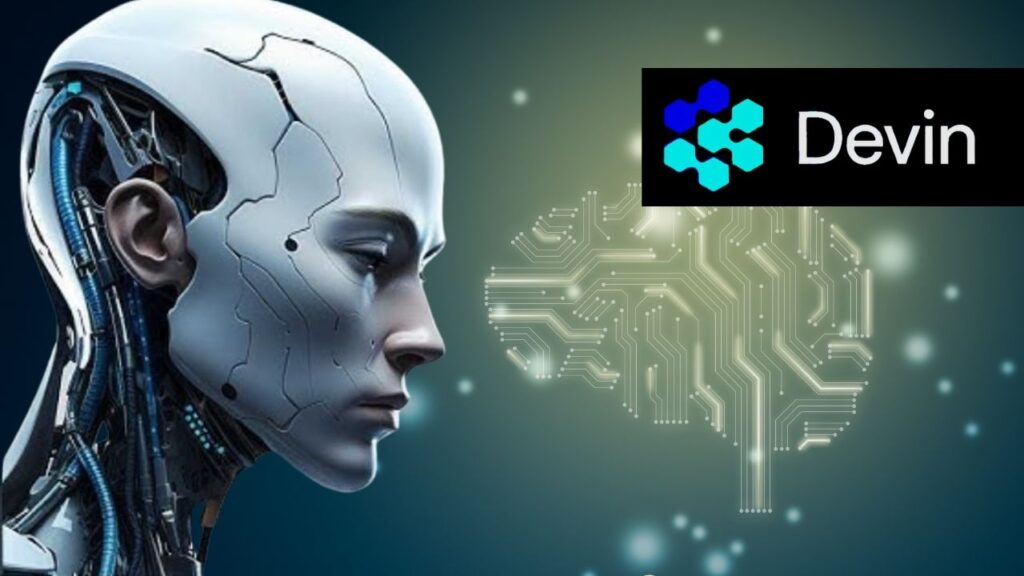
How businesses use it:
- Migrating legacy codebases to modern platforms
- Identifying and fixing bugs in large software systems
- Rapidly developing new features and prototypes
Real-world impact:
Tech companies have reported dramatic improvements in software delivery speed and quality. For example, one major fintech firm used Devin AI to migrate millions of lines of code, achieving results that would have taken a human team months to complete.
Practical advice:
If your organization relies heavily on software development, consider piloting Devin AI for specific projects where speed and accuracy are critical. Start with non-mission-critical tasks to build trust in the system.
2. Salesforce Agentforce – The CRM Powerhouse
What it does:
Agentforce is Salesforce’s AI-driven automation platform, deeply integrated with its CRM ecosystem. It automates sales, service, marketing, and commerce workflows, using advanced reasoning to handle customer interactions and business processes.
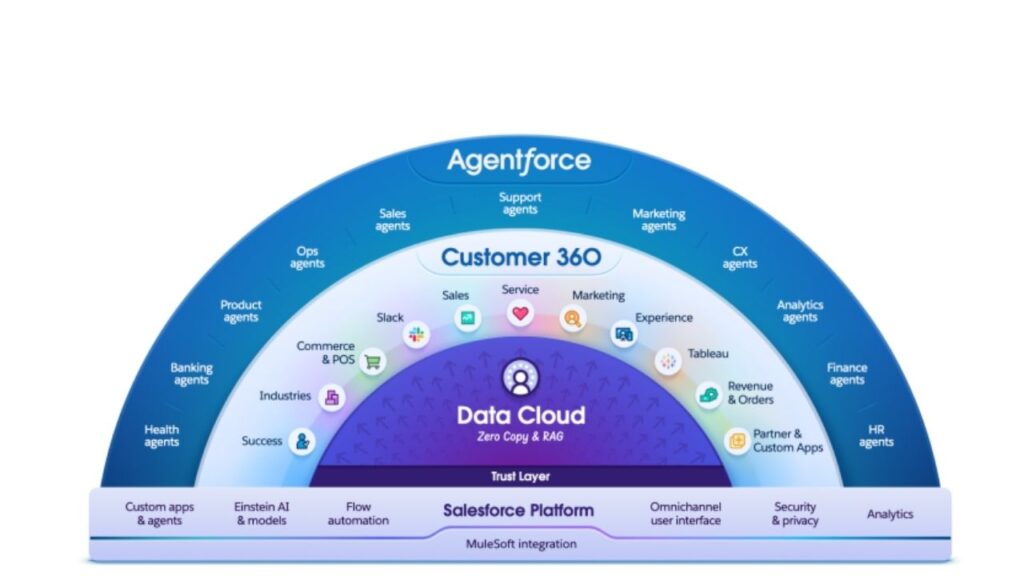
How businesses use it:
- Generating personalized responses for customer inquiries
- Managing and nurturing sales leads
- Automating marketing campaigns and follow-ups
Real-world impact:
Large enterprises have seen significant boosts in customer satisfaction and sales efficiency. By automating repetitive CRM tasks, teams can focus on building relationships and closing deals.
Practical advice:
If you’re already using Salesforce, Agentforce can be activated to automate routine workflows. Invest in training your team to work alongside AI, focusing on tasks that require human creativity and empathy.
3. Microsoft Copilot & Copilot Studio – The Office Automation Suite
What it does:
Microsoft Copilot is embedded in Microsoft 365 apps like Word, Excel, Outlook, and Teams. It automates document creation, data analysis, scheduling, and more. Copilot Studio allows businesses to build custom AI agents tailored to their unique workflows.
How businesses use it:
- Drafting professional emails, reports, and presentations automatically
- Managing HR, finance, and field operations with intelligent automation
- Creating custom workflow automations without coding expertise
Real-world impact:
Organizations have seen substantial cost savings and productivity improvements. For example, some firms have saved hundreds of thousands of dollars annually by automating internal processes with Copilot.
Practical advice:
Begin by using Copilot in familiar Microsoft apps, then explore Copilot Studio to automate more complex, organization-specific workflows. Encourage staff to provide feedback, as Copilot learns and adapts over time.
4. Anthropic Claude 3.5 – The Human-Like Digital Worker
What it does:
Claude 3.5 is a next-generation AI agent that can navigate digital environments, interact with web pages, and retrieve information much like a human. It’s designed to handle tasks that require contextual understanding and decision-making.
How businesses use it:
- Automating research, data entry, and information retrieval
- Handling customer support tickets with nuanced responses
- Generating detailed, context-aware reports
Real-world impact:
Companies are using Claude 3.5 to automate complex workflows that previously required significant human oversight, freeing up staff for more strategic work.
Practical advice:
Deploy Claude for tasks that require a deeper understanding of context, such as summarizing lengthy documents or conducting competitive research. Monitor its performance and adjust parameters as needed.
5. Zendesk AI Suite – The Customer Service Specialist
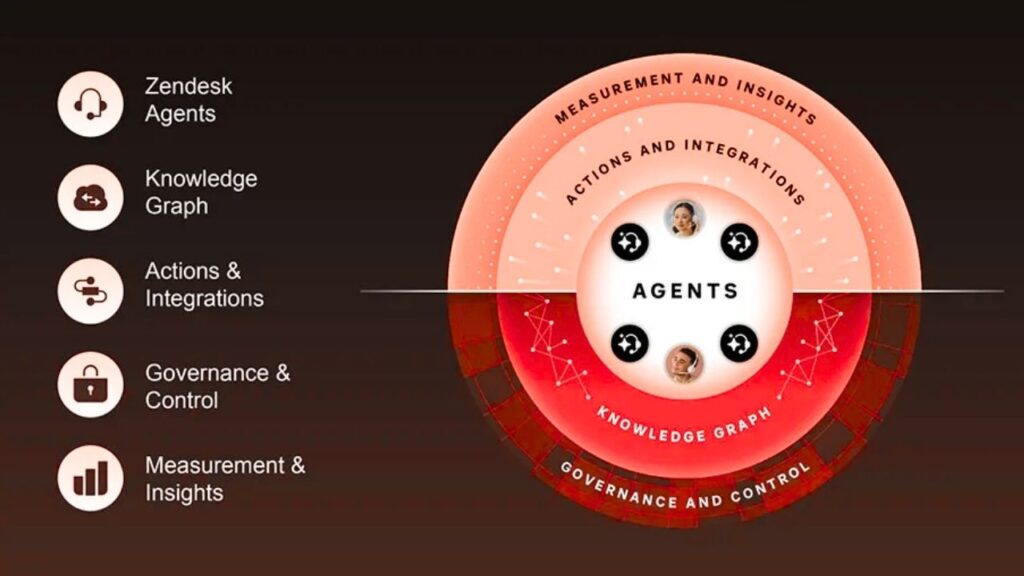
What it does:
Zendesk’s AI suite powers advanced chatbots and virtual agents that resolve customer issues, route tickets, and assist human agents with real-time suggestions and insights.
How businesses use it:
- Providing 24/7 customer support across multiple channels
- Instantly answering common customer questions
- Escalating complex or sensitive issues to human agents
Real-world impact:
Businesses using Zendesk AI have reported significant reductions in manual errors and faster response times, leading to higher customer satisfaction and loyalty.
Practical advice:
Integrate Zendesk AI with your existing customer service channels. Start by automating responses to frequently asked questions, then expand to more complex support scenarios.
6. Oracle’s Miracle Agent – The Enterprise Workflow Automator
What it does:
Miracle Agent is Oracle’s AI-powered workflow automation tool, designed for large-scale enterprise environments. It automates finance, HR, and supply chain processes within Oracle’s Fusion Cloud suite.
How businesses use it:
- Processing invoices and approvals automatically
- Streamlining employee onboarding and HR requests
- Monitoring inventory and managing logistics in real time
Real-world impact:
Enterprises have improved operational speed and accuracy, reducing the need for manual intervention and minimizing errors in critical business processes.
Practical advice:
If your business uses Oracle ERP, Miracle Agent can help automate your most complex and time-consuming workflows. Work closely with your IT team to ensure seamless integration and data security.
7. FlowForma AI – The No-Code Business Process Designer
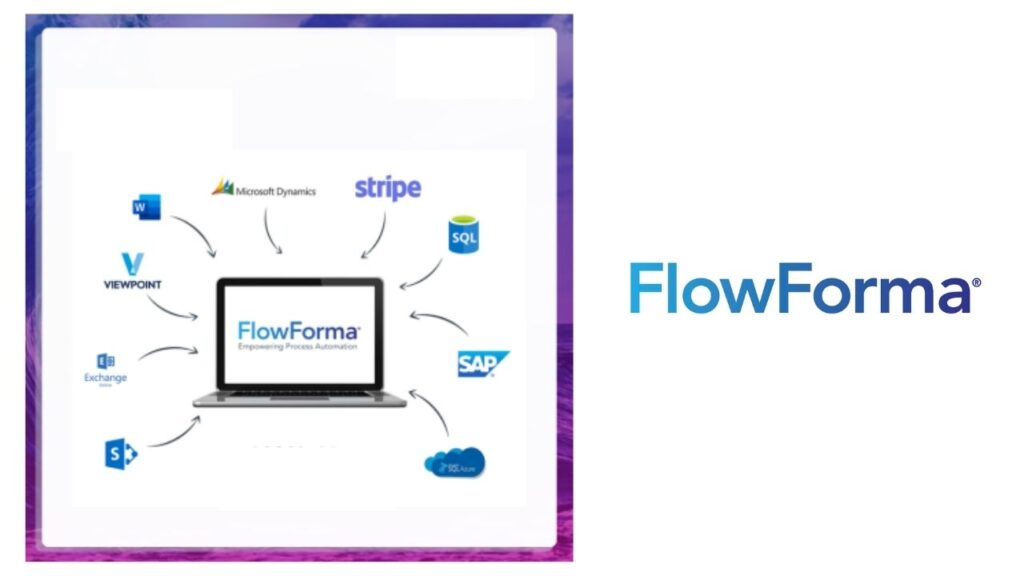
What it does:
FlowForma is a no-code platform that enables businesses to design and deploy custom AI-powered workflows without any programming knowledge.
How businesses use it:
- Automating compliance and audit trails for regulatory requirements
- Streamlining approvals, record-keeping, and document management
- Digitizing paperwork-heavy processes for greater efficiency
Real-world impact:
Organizations have replaced cumbersome manual processes with digital workflows, saving time and reducing errors. Adoption rates are high due to the platform’s user-friendly interface.
Practical advice:
Start small by automating a single workflow, such as document approvals, and gradually expand as your team becomes comfortable with the platform. Leverage templates and community resources for best practices.
How AI Agents Are Transforming Everyday Business
AI agents are not just a luxury for tech giants—they’re accessible and valuable for businesses of all sizes. Here are some of the most common ways they’re making a difference:
Customer Service
AI agents handle chats, emails, and even voice calls around the clock. They can resolve most issues instantly, only escalating the most complex cases to human agents. This leads to faster response times and happier customers.
Sales and Marketing
Sales teams use AI agents to qualify leads, send follow-up messages, and schedule meetings. Marketing departments rely on AI to generate content, analyze campaign performance, and personalize outreach, ensuring the right message reaches the right audience.
Finance and Operations
Finance teams automate invoice processing, error detection, and cash flow forecasting with AI agents. Operations managers use them to track shipments, manage inventory, and predict supply chain disruptions, keeping everything running smoothly.
Human Resources
HR departments benefit from AI agents that automate onboarding, manage employee records, and answer common HR questions. This allows HR professionals to focus on talent development and employee engagement.
Compliance and Risk Management
AI agents help monitor compliance with regulations, flag potential risks, and maintain detailed audit trails. This is especially important in industries with strict legal requirements.
Practical Guide: How to Get Started with AI Agents
1. Identify Repetitive and High-Impact Tasks
Make a list of tasks that are repetitive, time-consuming, or prone to error. These are ideal candidates for automation.
2. Choose the Right AI Agent for Your Needs
Select an AI agent that integrates well with your existing tools and addresses your specific business challenges. Consider scalability, security, and ease of use.
3. Start with a Pilot Project
Begin by automating a single process. Measure the impact, gather feedback, and use these insights to guide future automation projects.
4. Train Your Team
Ensure your employees understand how to use the new AI tools. Provide training and encourage a culture of continuous learning.
5. Monitor, Optimize, and Expand
Regularly review the performance of your AI agents. Use analytics to identify areas for improvement and gradually expand automation to other parts of your business.
AI Just Made 2D Materials Stronger—Here’s How It’s Changing the Future of Material Science
AI Meets Materials Science: How Machine Learning Is Accelerating Scientific Discovery
FAQs About 7 AI Agents Businesses Are Using Right Now to Automate Everything
Q: Are AI agents just advanced chatbots?
A: No. While chatbots typically handle simple queries, AI agents can perform complex, multi-step tasks, make decisions, and learn from experience.
Q: Will AI agents replace human workers?
A: AI agents are designed to automate repetitive tasks, allowing human employees to focus on creative, strategic, and relationship-based work. They complement rather than replace human talent.
Q: What skills are needed to manage AI agents?
A: Basic digital skills are sufficient to get started. As automation expands, roles like “AI agent manager” or “automation architect” are becoming more common.
Q: How secure are AI agents?
A: Leading platforms prioritize security and compliance. However, businesses should monitor data access, set clear permissions, and follow best practices for cybersecurity.
Q: How much do AI agents cost?
A: Pricing varies by platform and usage. Many providers offer flexible plans, allowing businesses to start small and scale as needed.

